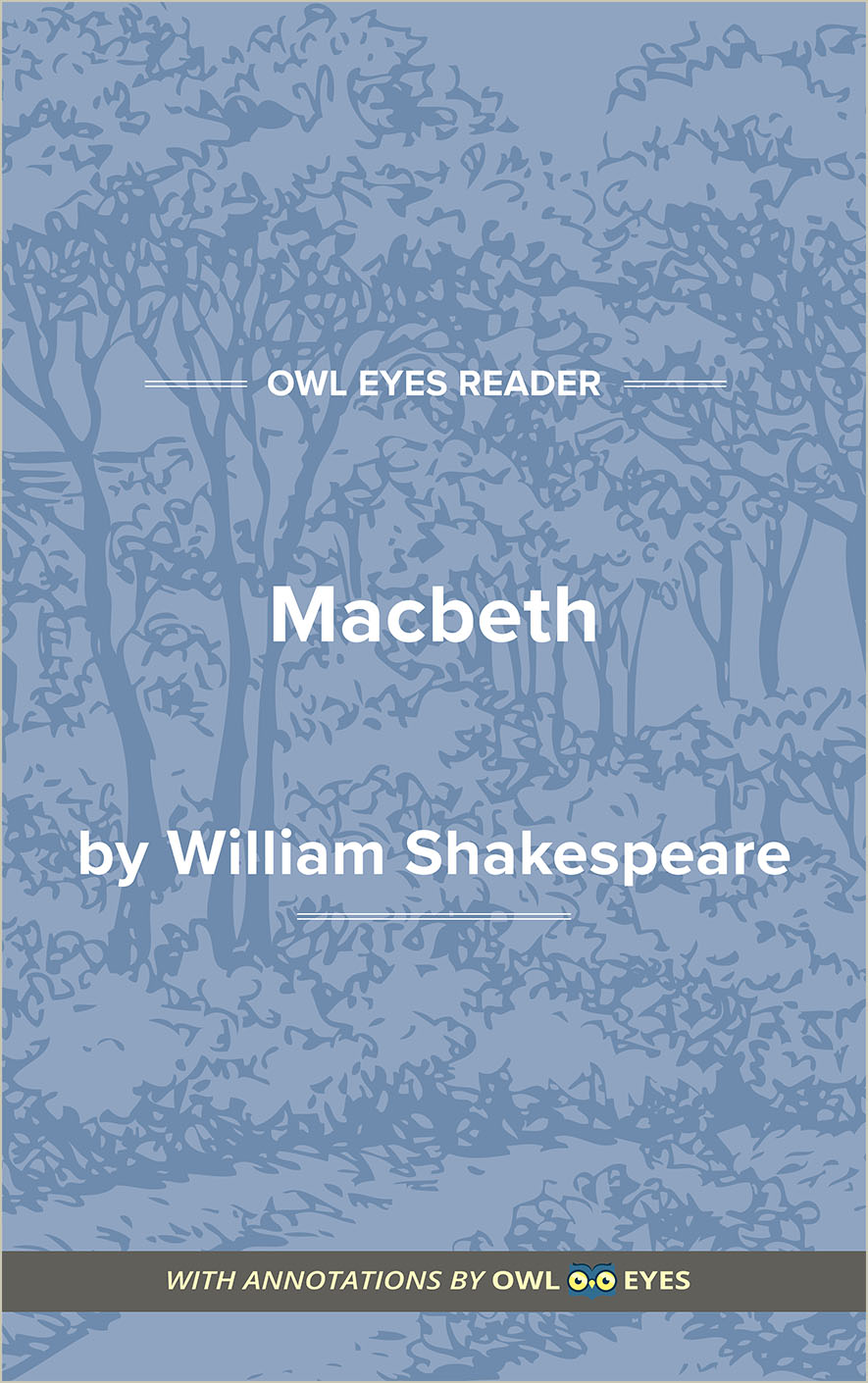Analysis Pages
Facts in Macbeth
Facts Examples in Macbeth:
Act I - Scene II
🔒"from the western isles Of kerns and gallowglasses..." See in text (Act I - Scene II)
Act I - Scene III
🔒"Aleppo..." See in text (Act I - Scene III)
"Killing swine...." See in text (Act I - Scene III)
Act I - Scene VI
🔒"we..." See in text (Act I - Scene VI)
Act I - Scene VII
🔒"And pity, like a naked new-born babe..." See in text (Act I - Scene VII)
Act II - Scene II
🔒"Knocking within..." See in text (Act II - Scene II)
Act II - Scene III
🔒"Therefore much drink may be said to be an equivocator with lechery:..." See in text (Act II - Scene III)
"here's an equivocator..." See in text (Act II - Scene III)
"Belzebub..." See in text (Act II - Scene III)
Act II - Scene IV
🔒"Colmekill..." See in text (Act II - Scene IV)
"Scone..." See in text (Act II - Scene IV)
"Threescore and ten..." See in text (Act II - Scene IV)
Act III - Scene I
🔒"Shoughs, waterrugs..." See in text (Act III - Scene I)
"parricide..." See in text (Act III - Scene I)
"Sennet sounded...." See in text (Act III - Scene I)
Act III - Scene III
🔒"THIRD MURDERER:..." See in text (Act III - Scene III)
Act III - Scene V
🔒"Acheron..." See in text (Act III - Scene V)
"Enter the three Witches, meeting Hecate...." See in text (Act III - Scene V)
Act III - Scene VI
🔒"Edward..." See in text (Act III - Scene VI)
"marry..." See in text (Act III - Scene VI)
Act IV - Scene I
🔒"eight Kings..." See in text (Act IV - Scene I)
"the eighth appears, who bears a glass..." See in text (Act IV - Scene I)
"What, will the line stretch out to the crack of doom?..." See in text (Act IV - Scene I)
" Double, double, toil and trouble;(10) Fire burn and cauldron bubble..." See in text (Act IV - Scene I)
"cauldron..." See in text (Act IV - Scene I)
Act IV - Scene III
🔒"the evil:..." See in text (Act IV - Scene III)
Act V - Scene I
🔒"Arabia..." See in text (Act V - Scene I)
Act V - Scene VIII
🔒"On mine own sword..." See in text (Act V - Scene VIII)

